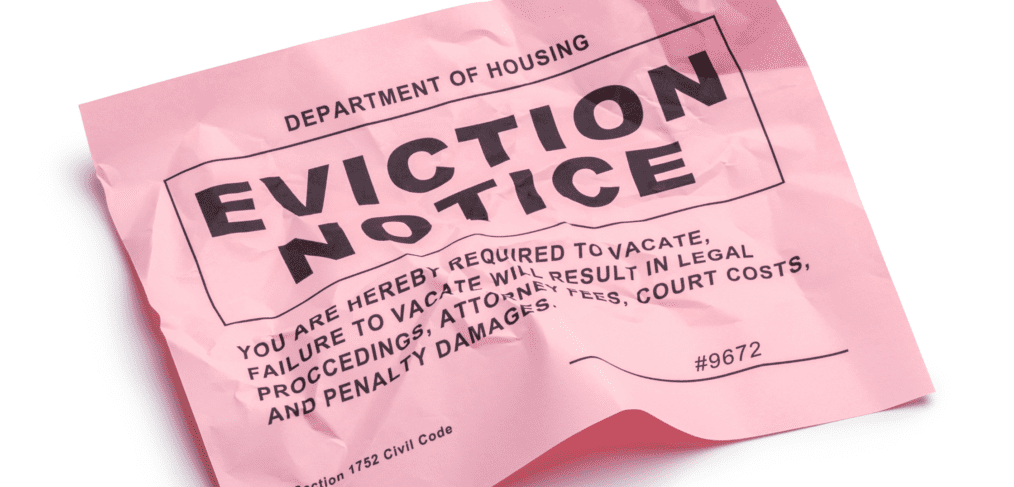The CDC Moratorium expired on July 31, 2021. Landlords breathed a sigh of relief — for a few days. On August 3, 2021, the CDC issued an extension of its eviction moratorium until October 3, 2021. Landlords and real estate investors threw up their arms in frustration everywhere, except in Tennessee, Kentucky, Ohio, and Michigan. These states comprise the Sixth Circuit. The Sixth Circuit is a federal circuit of states whose federal courts appeal their cases when there is an appeal from their district federal courts.
This court ruled that the CDC has no authority to pause evictions and this moratorium has no effect in the Sixth Circuit. Thus, evictions can proceed. That is good news for investors in those states, but where does that leave the rest of the country? Unfortunately, by the time the issue is argued in another federal court in a different circuit, the moratorium may have expired, and it would not be ripe for decision.
However, there is a lawsuit being litigated in federal court in Washington, D.C., led by the Alabama Association of Realtors. They have sued the Biden administration for violating the Supreme Court’s opinion that held the CDC does not have the authority to issue or extend the eviction moratorium.
The Emergency Motion to Enforce the Supreme Court’s Ruling and to Vacate the Stay Pending Appeal was filed on August 4, 2021, a day after the CDC extended the moratorium. However, this does not mean that Congress cannot act to provide the CDC with this authority. Better political watchers than me can read those tea leaves, so I will not hazard a guess as to what will happen. I will add that the Supreme Court has the ultimate authority.
While there is much to be unpacked from these legal developments, those discussions will not help real estate investors. Here is what will help:
U.S. Department of Urban Housing and Development’s COVID-19 Resources for Renters
This is a site landlords can send their tenants to for rent assistance. It is governed by the Housing and Urban Development Office and provides salient answers to the questions everyone is asking. To wit, should you still pay rent during COVID-19? YES!
This site also has links to emergency rental assistance, provides guidance on scams that are being perpetrated against tenants, and links to the Consumer Financial Protection Bureau.
National Low Income Housing Coalition’s Treasury Emergency Rental Assistance (ERA) Dashboard
This is the National Low Income Housing Coalition link to the Treasury Emergency Rental Assistance Dashboard. All states and their respective programs are listed for tenants to seek help through. There are 492 programs. Encourage your tenants to seek rental assistance. Help them help you.
Looking Ahead
Landlords need to reach out to these entities to seek rental assistance and help their tenants. The funds are out there — take advantage. Unless the D.C. Federal Court strikes down the most recent moratorium extension, landlords are going to continue to suffer. As a lawyer, I can attest that the legal system can move very slowly. Take care and good luck.


